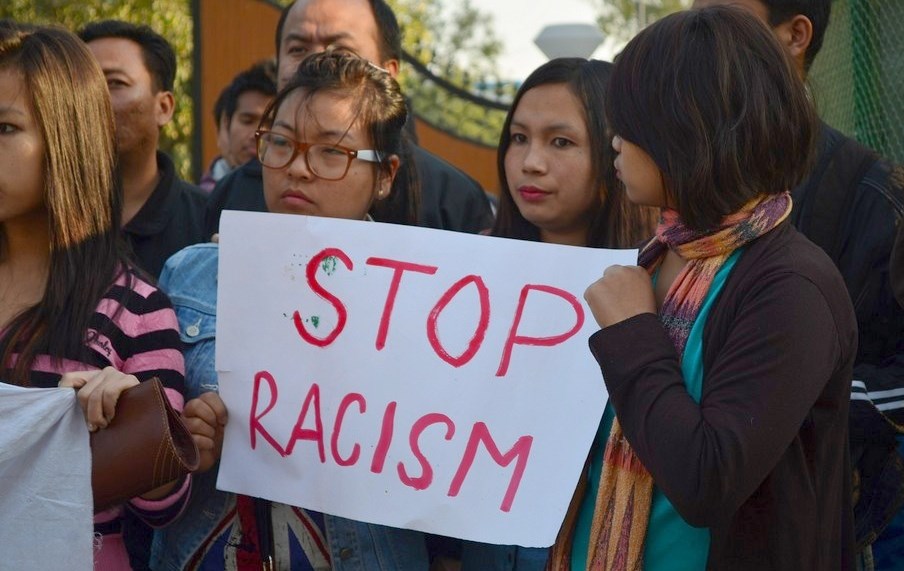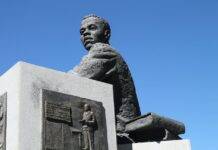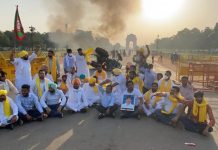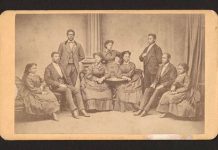“We must join the tens of millions all over the world who see in peace our most sacred responsibility.”
– Paul Robeson
Today is indeed a great day, a day on which we find ourselves reflecting on the extraordinary potential and calibre of an immensely talented and gifted individual named Paul Robeson. For many of us, he may be unknown and for many a fading memory from the era gone by but for a significant section of the world’s population, Robeson is an artist who fought for the dignity and welfare of African Americans and against the oppressive mandates of racism.
Paul Robeson was an athlete, musician, activist and thinker all at the same time, but what made him stand apart from everyone else was that he was not only honest and committed but made sure to speak out his mind against oppression, indignity and injustice with a truth that is rarely seen.
He was born in 1898 and his growing up days were spent in Princeton’s Southern plantation, where most African Americans lived a secluded existence in the otherwise aristocratic American town.
What can better describe the lack of representation of African Americans in public life than the fact that at that time Princeton University hardly enrolled any African students and such a trend continued well until the second world war.
Robeson had an extraordinary humble childhood on the plantation where his family worked as slaves amid unimaginable poverty and financial degradation.
His early years at the plantation, the impressions of poverty and marginality and brutal racism impacted young Robeson’s mind in unprecedented ways and perhaps left the strongest impact on his way of looking at and negotiating with the outside world.
During his years at college at Rutgers University he excelled in sports, extempore, theatre and music.
And his passion for the arts climbed such high levels that he even went on to pursue his interest in acting and singing and toured London during the 1930s.
It was during the same time that his performance in Shakespeare’s Othello shone the spotlight on him and gained him popularity.
1930s was a time when Robeson was doing a variety of things and activism was always at the forefront of his life especially when it came to anti-racist movements and struggles of the working class. It was also during this time that he came into close contact with eminent world figures like Jawaharlal Nehru, who later went on to become India’s first Prime Minister
Robeson spoke about a variety of issues including the concerns of the working class, the need for sustained mobilisation against the degradation of African Americans and even went on to formulate a robust critique of the western civilisation and warned all non-western societies to stop aping the West and advised them on reclaiming their own individuality and uniqueness. He was committed to the ideals of socialism but insisted that we must struggle to keep alive the “vital creative side” while applying the “triumphs of science”.
Robeson was looking at a more humanistic, holistic socialism that was not caught into the vicious cycle of alienated intellectualism and brutal technologisation of society.Robeson’s wide variety of interests included culture and he studied both African as well as Asian cultures often finding a confluence between them, he also knew how to speak over 25 languages. Throughout his life, music remained very close to his heart and he sang from a wide variety of musical styles and renditions.
But the song that people most remember him for today is his rendition of “Old Man River”. This is a beautiful and very impactful song in which the river Mississippi is used as a metaphor and has been described as “rolling along” indifferently even as black workers continue to suffer and toil on its banks.It became a symbol of the apathy and deteriorating plight of the African Americans under a racist regime and reminded them of the need to unite and strongly fight back.













